Journaling for Mental Health
By Chris Clark (Practice Manager)
“Journaling is about expressing your true self in whatever way feels most natural to you.”
People are often looking for ways to improve their mental health and it can be difficult to know where to start. If you are looking for a low-cost way to start investing in your mental health, journaling can be a great place to start. You can use a physical notebook or a structured journal, or there are some great apps available for organising your thoughts and setting reminders to check in with yourself.

What is journaling?
Though it might seem unfamiliar, journaling is about taking time to write down your thoughts, feelings and experiences. Some people like to write in streams of thought, while others benefit from a more structured approach using prompts. The good news is that there is no right or wrong way to journal. Whether you’re writing a few lines or you’re covering several pages trying out different thoughts and ideas, journaling is about expressing your true self in whatever way feels most natural to you.
How can journaling help my mental health?
Researchers have shown that journaling offers a wide range of benefits to mental health. It is a convenient way to express and offload thoughts stuck in the mind. It is also a great alternative to keeping things bottled up, allowing emotions to be expressed and helping to alleviate anxiety and stress.
It’s also worth considering that there are benefits to writing with a pen instead of typing. When we put pen to paper, we become more present and the reflective process becomes more effective. We create a stronger connection to our deeper self, improving memory, creativity and our ability to learn. That said, we are all different and typing may be more effective for you.
Finally, journaling can help you improve your self-awareness and monitor your mental health. You can take time to look back on past entries to see where you were, how far you’ve come and recognise areas that may need more attention. Regular use of a journal allows you to better understand the way you think and notice reoccurring thoughts.
Journaling vs. professional help: What is right for you?
If you are considering whether to seek out professional help or start journaling, know that it doesn’t have to be one or the other. Journaling is one way of improving your mental wellbeing, but it is not the same as therapy. It is, however, a great first step towards exploring your feelings if you’re not ready to start counselling. Journaling can also really benefit the therapy process, helping to deepen your reflections between sessions and help you clarify your thoughts.
If you are unsure whether to start therapy, journaling may help you discover when the right time is to ask for help. You can also ‘Get in Touch’ with us at Cynefin Therapy and we will be happy to answer any questions you might have about beginning counselling.
How to Start Journaling
Starting a journaling routine doesn’t have to be complicated. Here are some suggestions for making the most of your journaling session:
– Set some time aside: Whether it is five or ten minutes a day, or even two or three times a week, schedule the time in to make it a priority.
– Don’t worry about structure: Try to write your thoughts freely without judging or editing what you are writing.
– Use prompts if you are stuck: You can look up journaling prompts on a search engine, or start with questions like, “What am I feeling today?”, “What have I been worrying about recently?” or “What do I want to change?”.
Remember – writing a journal is only for you. You’re not writing for anyone else so there’s no pressure to write neatly or correctly. Let it be a tool to explore your inner world and improve your mental health.
Get in touch

We are ready to hear your journey. If you are ready to enquire about starting counselling please fill out the form and we will be in touch.


FAQ
the frequently asked questions
Our sessions are offered both in-person and online depending on the availability of each therapist. In-person sessions are limited and some of our therapists only work online.
You can book a session after you have submitted an enquiry, completed a couple of online forms and attended an online assessment with the practice manager. If you are having any problems booking a session, please email info@cynefintherapy.co.uk.
We provide open ended therapy, which means there is no minimum or maximum number of sessions available to you. Though most clients will have a minimum of 6 to 12 sessions, it is not unusual to continue beyond this point. Your counsellor will routinely review your progress together, working with you to decide when it’s time to end your counselling. We recommend you provide a minimum of two weeks’ notice to give you time to reflect on your therapy journey and to process the end of your relationship.
Finding the right counsellor is a very personal experience. After you have had your initial session, we will allocate you to a counsellor who matches your availability and preferences. If after the first session you believe the counsellor isn’t right for you, get in touch with our admin team who will be happy to support you.
We only offer counselling sessions on a weekly basis, at the same time each week. Weekly counselling maintains the consistency of sessions, which supports the progress of the therapy relationship.
If you are unable to attend your session, please contact your counsellor to make them aware. If you cancel within 48 hours of the booked session, the fee remains chargeable. This fee may be waived in exceptional circumstances, for example due to sudden hospitalisation.

